India's Date with Destiny
Synopsis
This collection of essays by perceptive thinkers, statesmen and scientists, administrators, and educationist brings out sharply and coherently the debate on India's date with destiny that has become a continuing and an on-going process in the nuclear age. This book indeed provides a kind a dialogue, balanced and profound, on the crucial and fundamental issues which are making us uncomfortable about the loss of leadership initiative in diversified developmental areas. The landmarks of the past have gone one by one and there is none to replace them. Paradoxically speaking, the decline of civilization and creative breakthroughs in various of civilization and creative breakthroughs in various areas have sparked off more philosophies of history than ever conceived before. India rejoices today as it is one the threshold of a major transition, the transition to a global society, the foundations of which have been built by the breathtaking advances in science and technology and the new orientation to knowledge, based on holistic and ecological perception of reality. It is the explosion of knowledge that is unfolding promising yet incredible data about the spectacular advances in tele-communication, information and bio-technologies and India is emerging as a knowledge power in the global society. It is triggering of dramatic changes in the political, economic, social and cultural environment and mankind is making a paradigm shift from its old ideas and outworn orthodoxies. The book divides itself into three major sections. It begins with a set of essays about India’s civilizational strength that flows from her upward spirit of unbroken continuity, harmony of various religious tradition, capacity of assimilation and absorption, universality of the spirit, pluralism and tolerance. The second section looks at the developmental landscape in-depth, spanning from the energy independence, growth with social justices, empowerment of rural India, poverty alleviation through Panchayati Raj, good governance, and concludes with a few essay on education and science and technology. The book is rounded off with a set of essays on Chowdhary Ranbir Singh, a legendary personality and among the makers of modern India. This felicitation volume is dedicated to him on his 91st birth anniversary.
Read more
16.20
14.58
$
18.00 $
Free delivery Wolrdwidе in 10-18 days
Ships in 1-2 days from New Delhi
Membership for 1 Year $35.00
Get it now and save 10%
Get it now and save 10%
BECOME A MEMBER
Books by the same author

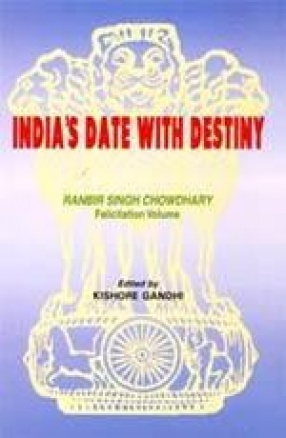

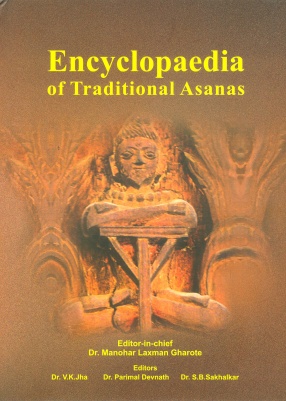
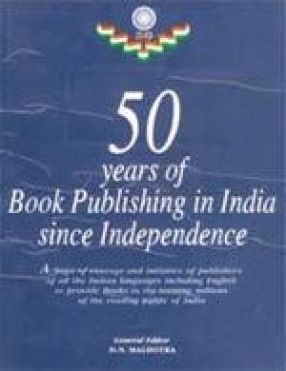
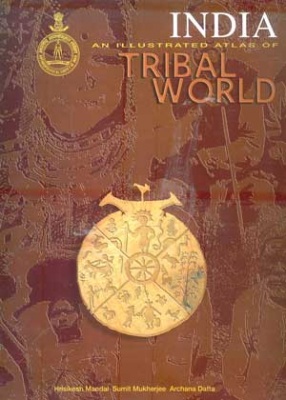
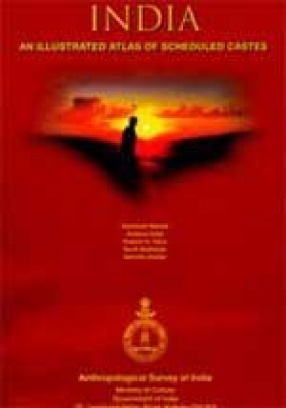

Bibliographic information